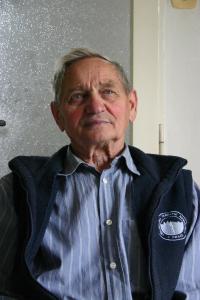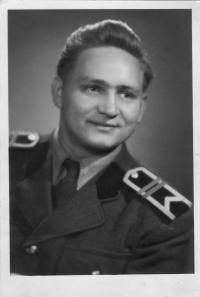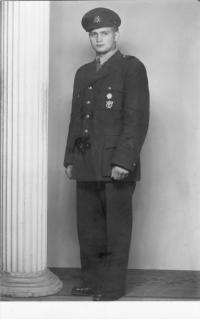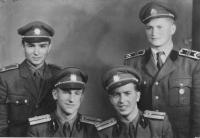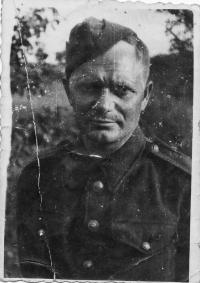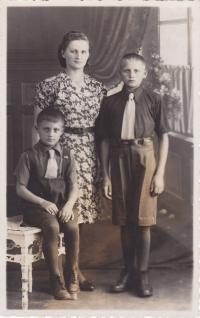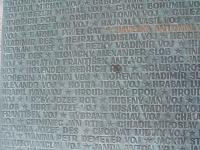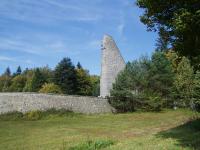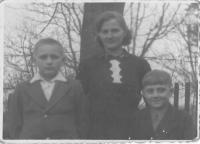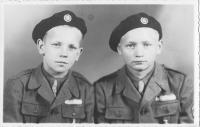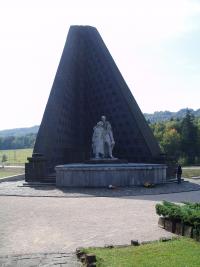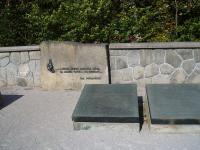We did not even miss Volhynia
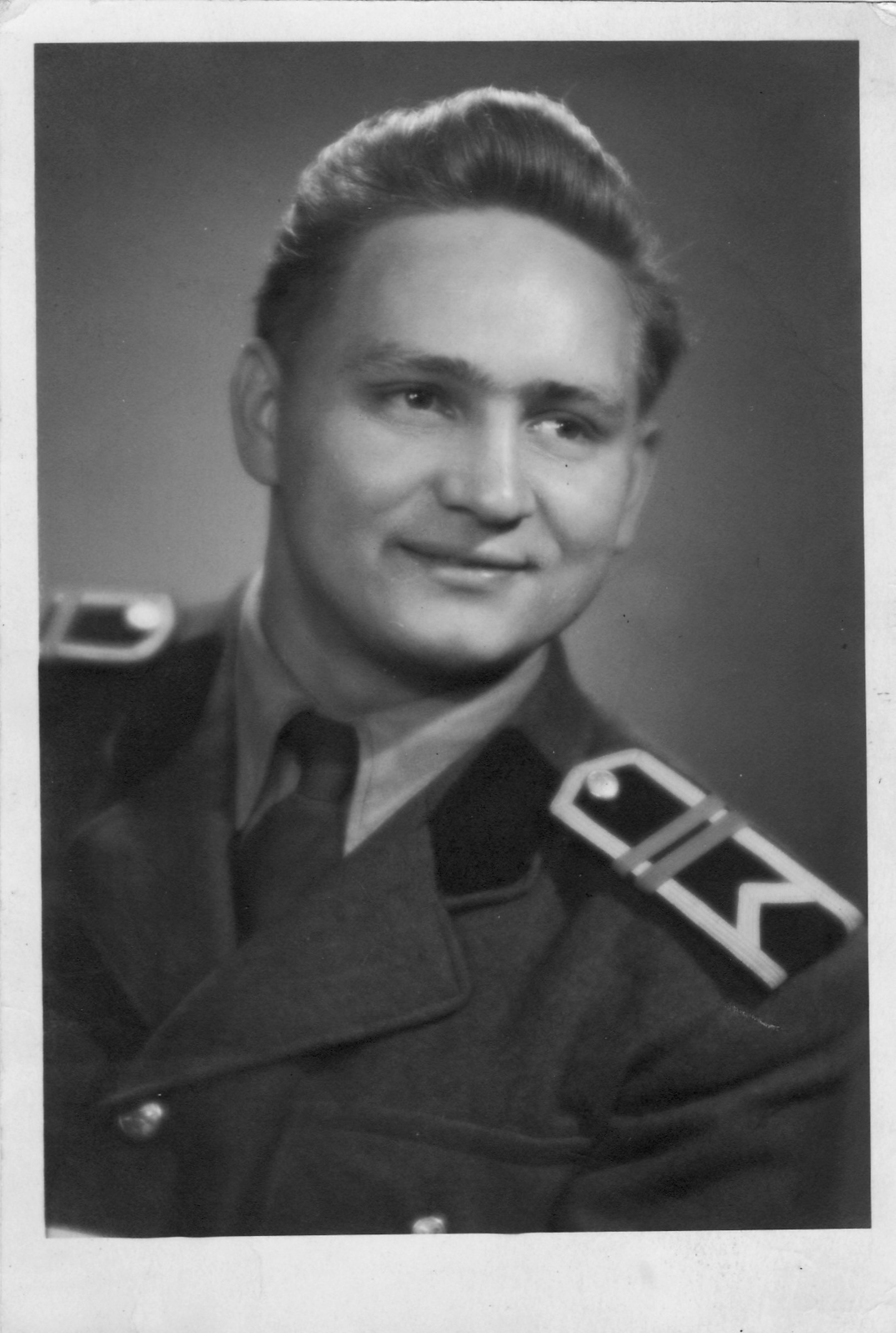
Download image
Jindřich Hořenín was born October 8, 1933 in Mirohošť, in the Volhynian area in northwestern Ukraine where a numerous Czech minority used to live. He spent the Second World War there when he was a young boy - at first he experienced the Soviet occupation, then the German occupation and at last the liberation by the Red Army. His father died in combat at Dukla where he went to fight with the 1st Czechoslovak Army Corps. Together with most of other Volhynian Czechs, the family moved back to Czechoslovakia after the war based on an international agreement on their repatriation.
